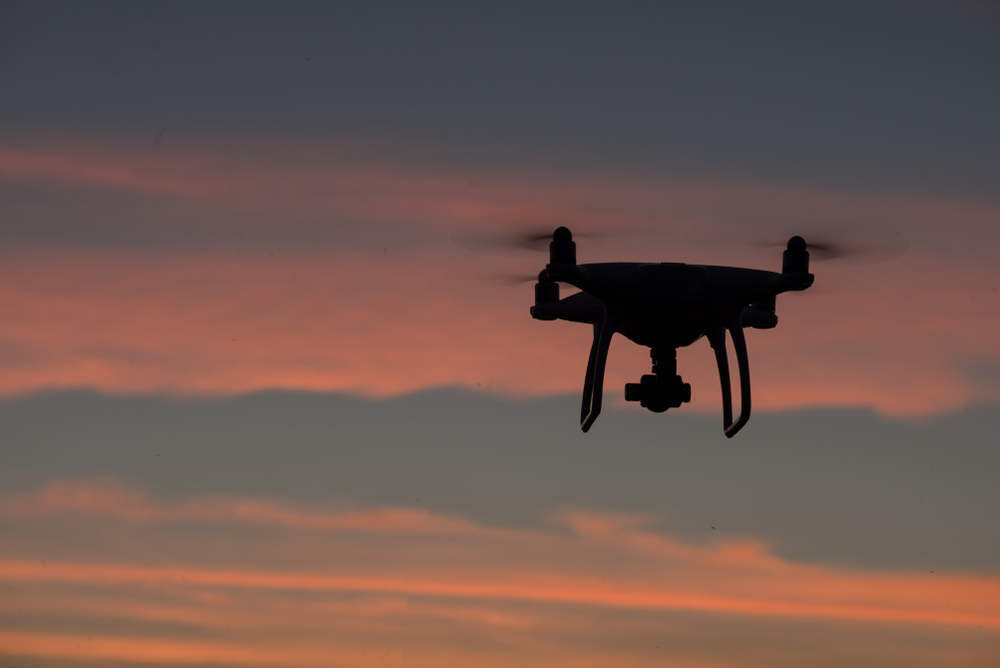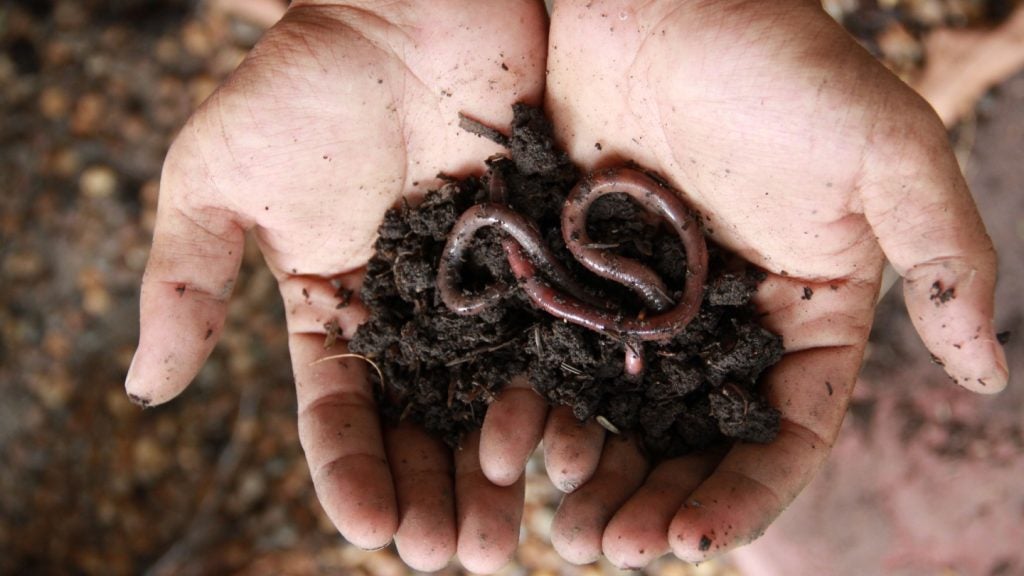
One of the big topics of discussion at this year’s World Economic Forum event in Davos, has been about technology and the negative effects it can have.
For instance, Wikipedia’s founder Jimmy Wales said social media needs to change to solve the problems of fake news.
As well, Salesforce’s chief executive Marc Benioff said that the tech industry has become so big and so powerful that it needs regulating.
However, at an event on rogue technology, discussing the impact the fourth industrial revolution could have on the environment, an interesting idea came up.
Professor Mary Cummings, director of the Humans and Autonomy Laboratory and Duke Robotics at Duke University, said that often the technology isn’t to blame, but the people that use them.
For instance, Benioff suggested that we should have an autonomous robot to clean up plastic on beaches.
How well do you really know your competitors?
Access the most comprehensive Company Profiles on the market, powered by GlobalData. Save hours of research. Gain competitive edge.

Thank you!
Your download email will arrive shortly
Not ready to buy yet? Download a free sample
We are confident about the unique quality of our Company Profiles. However, we want you to make the most beneficial decision for your business, so we offer a free sample that you can download by submitting the below form
By GlobalDataCummings replied saying that whilst sand would probably destroy the robot, the real concern is humans.
For a beach-cleaning, Roomba robot, my biggest concern would be humans damaging the robots. Often humans will destroy them, damage them.
As well, she discussed the positive impact drones are having, such as in conservation.
She said:
For non-military applications of drones, one-third of drones are being used in some sort of conservative effort. I work with companies who use drones for tracking elephants for example, as they can be good at tracking wildlife.
But it’s not just the conservationists that have drones. Poachers use them too, and they’re buying them from Amazon.
You’ll never win this battle, over who is better or who is worse. The technology is just a tool. But in the end, the technology needs to augment humans. We need to learn how to bring it in as a tool, not just as a panacea.
Instead, the panel discussed some of the ways suspected rogue technology could be used to help the world and the environment.
How technology can save the environment
Satellites to prevent over-fishing
Benioff talked about how low-hanging satellites could be used to prevent over-fishing in the ocean.
She said:
We’re going to have thousands and thousands of real-time satellite imaging which can reduce over-fishing because we’re going to know where every fishing boat is in the world. We don’t need to wait for beacons in the ships, we’ll have information right off the satellites.
Crispr to fight extinction and boost agriculture
Also on the panel at Davos was Feng Zhang, professor of neuroscience at MIT and instrumental in developing Crispr technologies.
Zhang described Crispr as a gene-editing technology, a molecular tool that lets scientists go into the DNA of cells and make changes.
Zhang said:
What excites me is the convergence of our abilities to read DNA and write DNA. The rapid progress we have been making in the biotechnology field is DNA sequencing is becoming faster and cheaper.
He said it could be used to boost agriculture, by introducing trees that are cold-resistant, drought-resistant and virus resistant. This could increase agricultural yield.
As well, genome editing is becoming more tractable. This makes it possible to transport traits from one organism to another.
Zhang added:
If we sequence more and more organisms, we can find interesting properties to allow them to survive in new environments.
Facing extinctions of a species, we could insert a gene to help them survive.
Artificial intelligence to help doctors
In addition, Benioff discussed the future impact artificial intelligence (AI) could have on healthcare.
“Today, when we ship a CT scanner it’s a dumb device, it’s not intelligent. But in the next generation of CT scanners, it’s going to be a smart device and a diagnostic device.”
He said AI will be used to augment humans into experts, whether you’re a doctor, a chief executive, or a government official.





